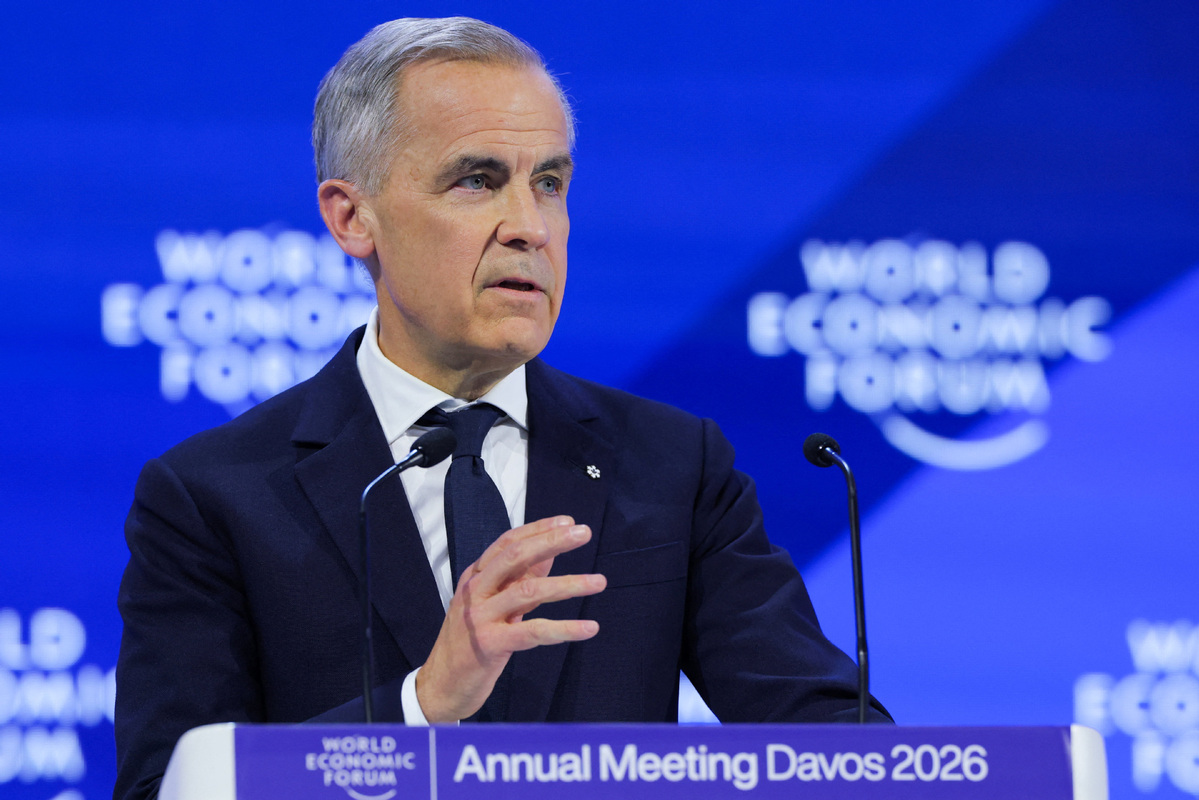
Christopher A. McNally, Professor of Political Economy, Chaminade University
Jan 30, 2026
Donald Trump’s second-term foreign policy has accelerated the collapse of the postwar liberal international order by abandoning its institutions, norms, and sources of legitimacy. Economic integration is now widely used as a tool of coercion, placing middle powers in an unstable interregnum defined by great-power rivalry, forced alignment choices, and a widening contrast between U.S. unilateralism and China’s defense of globalization and multilateralism.

Lai Yuan, Assistant Fellow, Center for Latin-America Studies, Shanghai Institute for International Studies
Jan 23, 2026
Today’s Venezuela will have a long and unpredictable road to travel before it can escape the shadow of the Noriega era. Operation Absolute Resolve will either bring the United States to the summit of hegemony or act as a fuse that ignites the collapse of the rules-based global order.
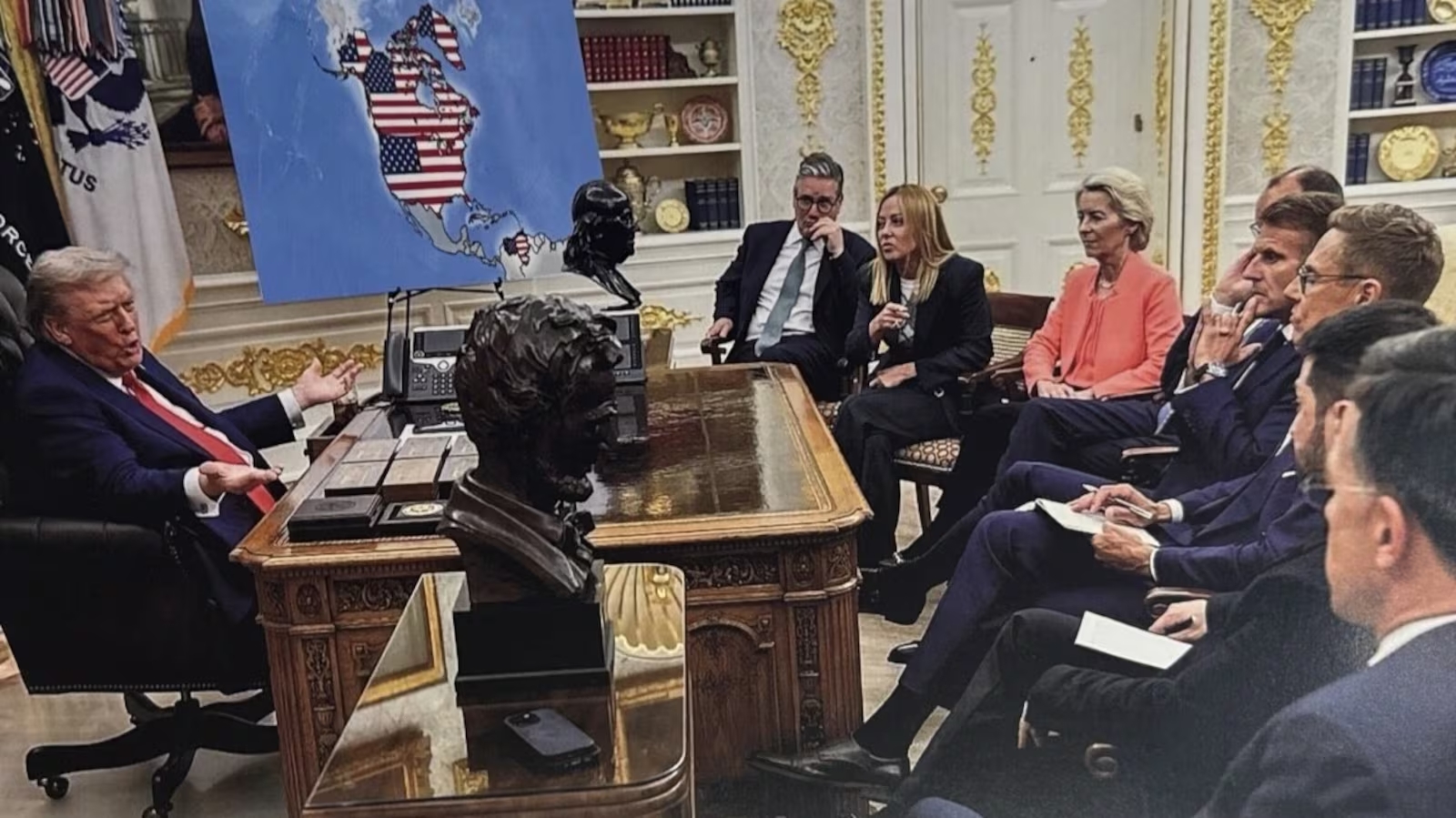
Warwick Powell, Adjunct Professor at Queensland University of Technology
Jan 21, 2026
(Social media @realDonaldTrump)In May 2024, I penned an article that framed Europe’s existential dilemma starkly: either fade into obscurity as the "conti
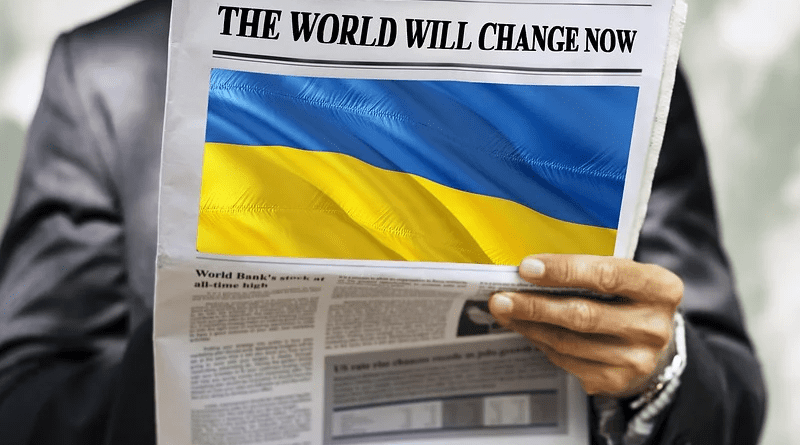
Xiao Bin, Deputy Secretary-general, Center for Shanghai Cooperation Organization Studies, Chinese Association of Social Sciences
Jan 16, 2026
In 2025, Ukraine gradually changed from a battlefield confrontation to a complex contest centered on cease-fire terms, postwar arrangements and the responsibilities of the world’s major powers. The war in Ukraine did not end in 2025, but a new reality was clearly defined.
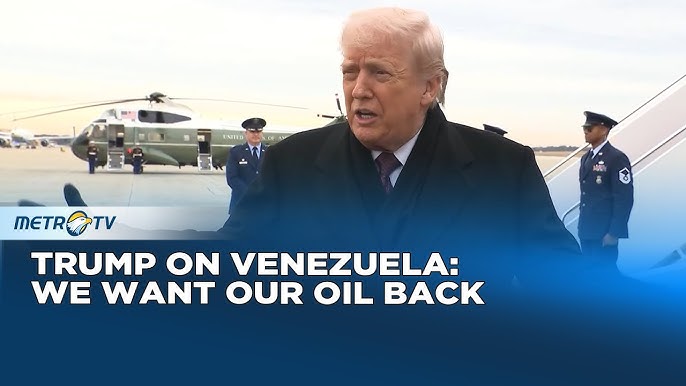
Richard Javad Heydarian, Professorial Chairholder in Geopolitics, Polytechnic University of the Philippines
Jan 16, 2026
America’s actions in Venezuela lay bare the lengths Trump’s administration will go to uphold American hegemony in the Western hemisphere. The rest of the world now must operate around the real potential of American military intervention until further notice.
Yuen Yuen Ang, Professor of Political Economy at Johns Hopkins University
Jan 13, 2026
For a mathematician, 2025 might stand out for being a “perfect square”: 45 multiplied by 45, a rare symmetry. But its significance goes far beyond numerical elegance – it marks the year the postwar global order expired, and a new one was about to be born.

Carla Norrlöf, Professor of Political Science at University of Toronto, non-resident senior fellow at Atlantic Council
Jan 07, 2026
The most important question stemming from America’s intervention in Venezuela is not whether it violated international law and norms, but what it reveals about the future of the liberal international order. Contrary to what some commentators say, that order is not collapsing, since its core pillars remain in place and the alternatives to them are still weak. But sustaining it will now involve more frequent discretionary US actions, and it will become increasingly unclear where the thresholds for future interventions lie.
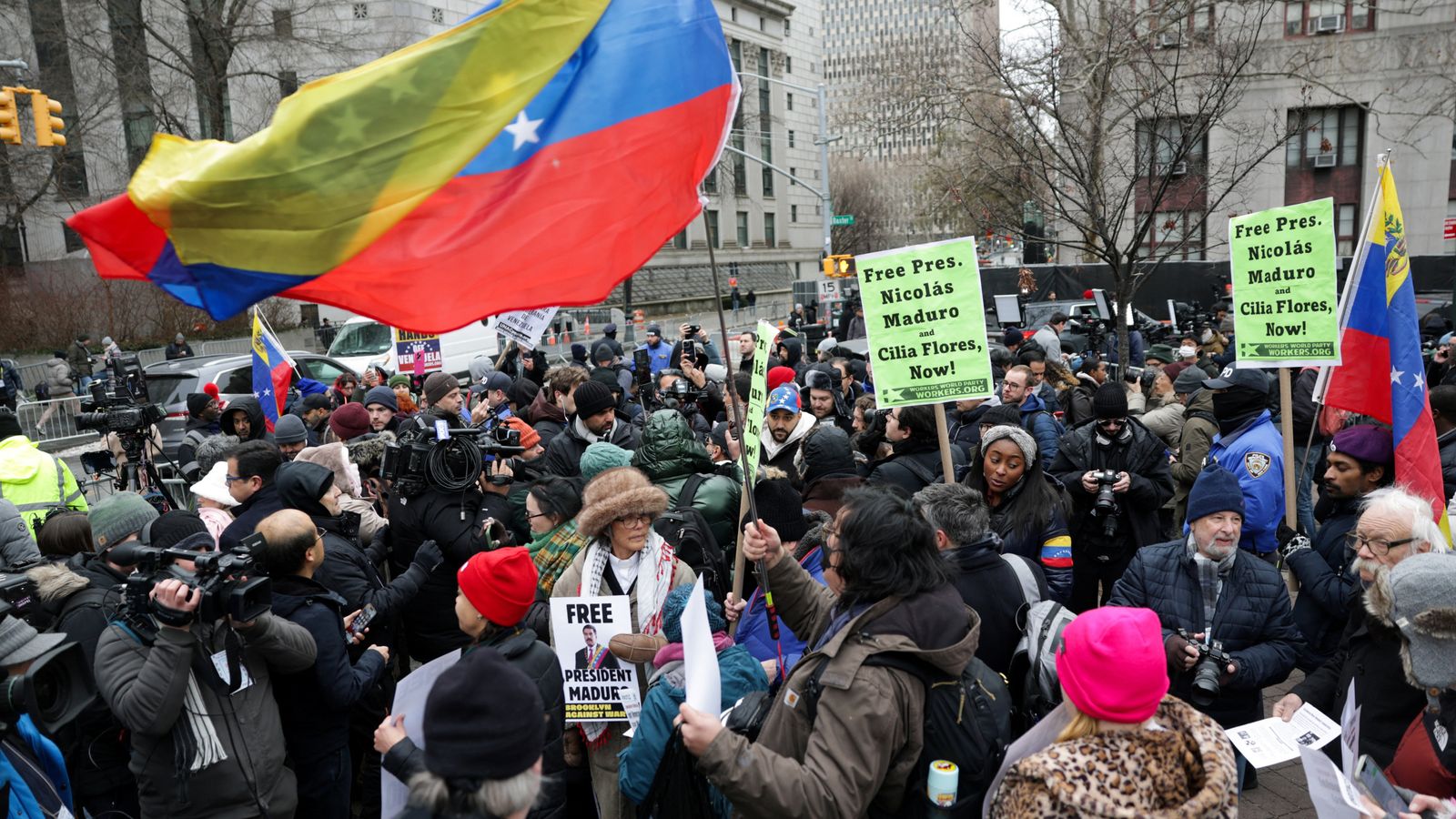
Sujit Kumar Datta, Former Chairman of Department of International Relations, University of Chittagong, Bangladesh
Jan 07, 2026
When lawless behavior by powerful nations can be carried out with virtual impunity—with no significant international opposition—a civilized world order founded on rules rather than brute force can no longer be guaranteed.

Eka Khorbaladze, Research Associate, Ng Teng Fong · Sino Group Belt and Road Research Institute
Oct 22, 2025
Underneath the public press jabs that go on between East and West, the realm of resource competition is reshaping the relationships between Europe, China, and Russia as states move to secure immediate needs of oil and other resources.
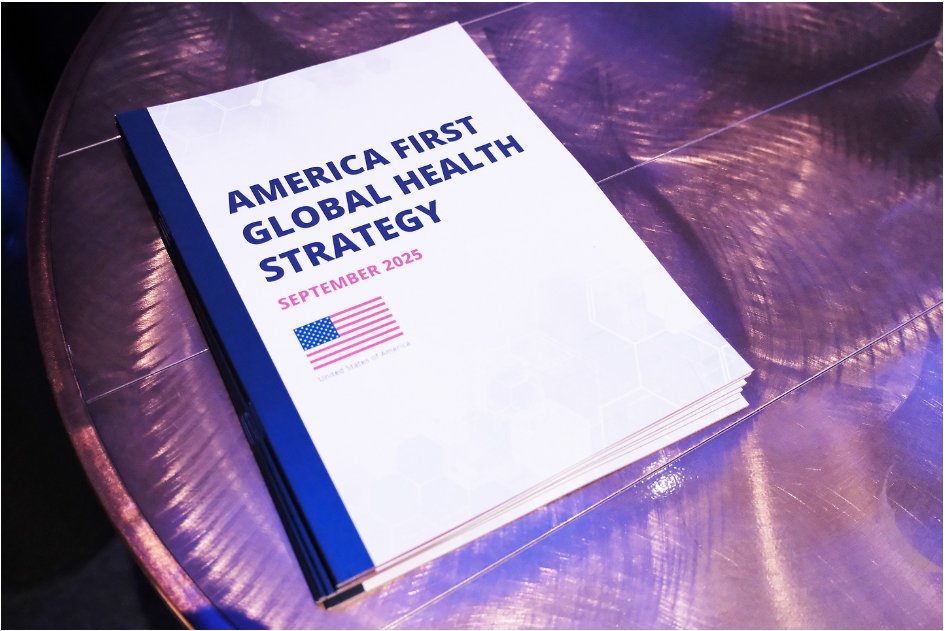
Li Zhuo, PhD Candidate, Peking University
Ren Minghui, Professor at Peking University’s School of Public Health
Oct 03, 2025
The international community looks to the United States to be a champion of partnership, not to reduce global health to a mere tool of geopolitical competition. The choice Washington makes now will echo for generations.
Back to Top

- China-US Focus builds trust and understanding between the U.S. and China through open dialogue among thought leaders.
- Our Offerings
- Topics
- Videos
- Podcasts
- Columnists
- Research Reports
- Focus Digest
- Stay Connected
-
Thanks for signing up!
- Get the latest stories from China-US Focus weekly.